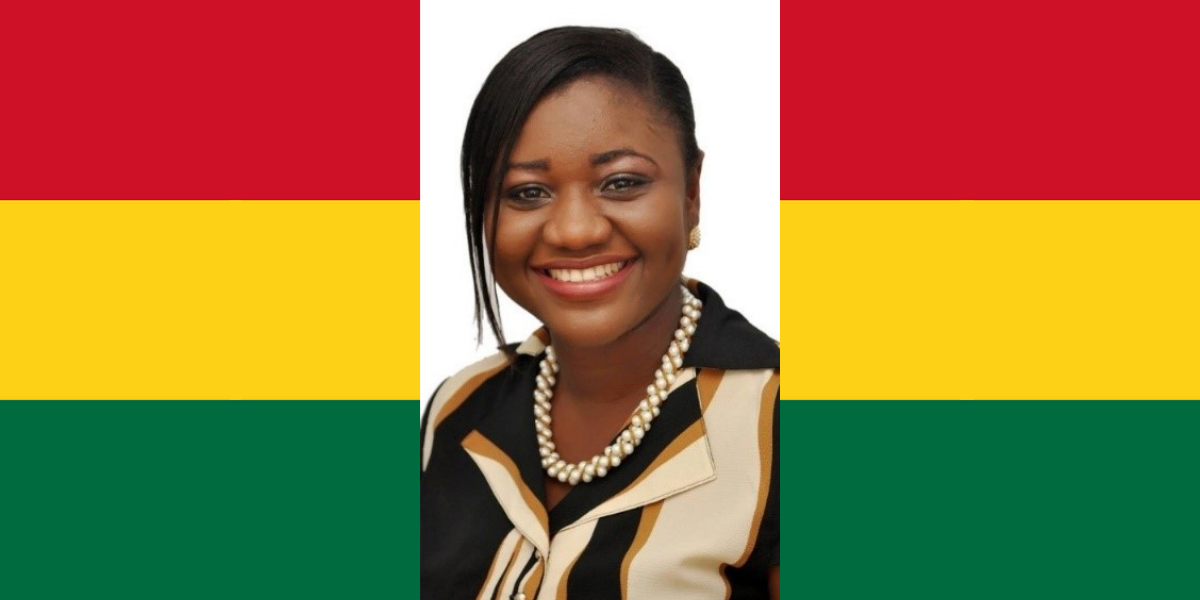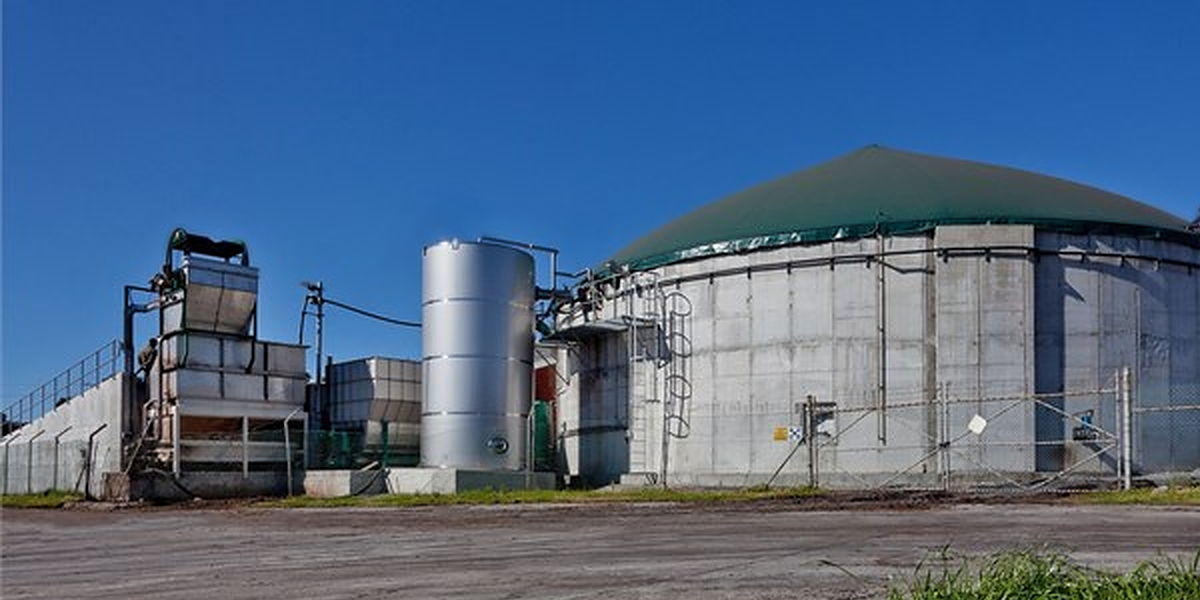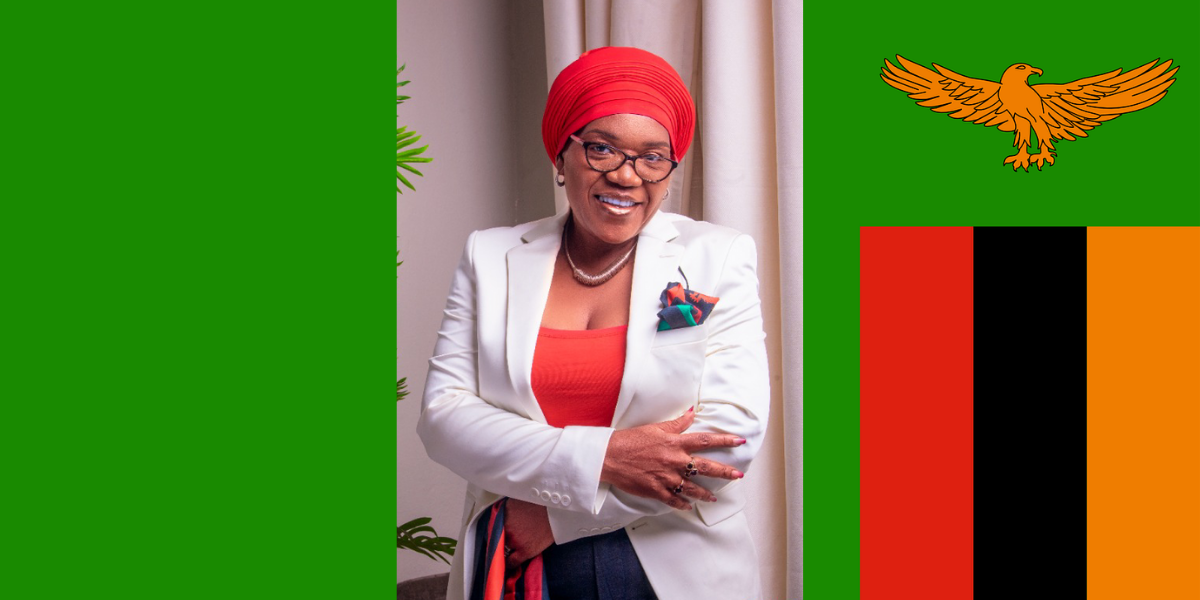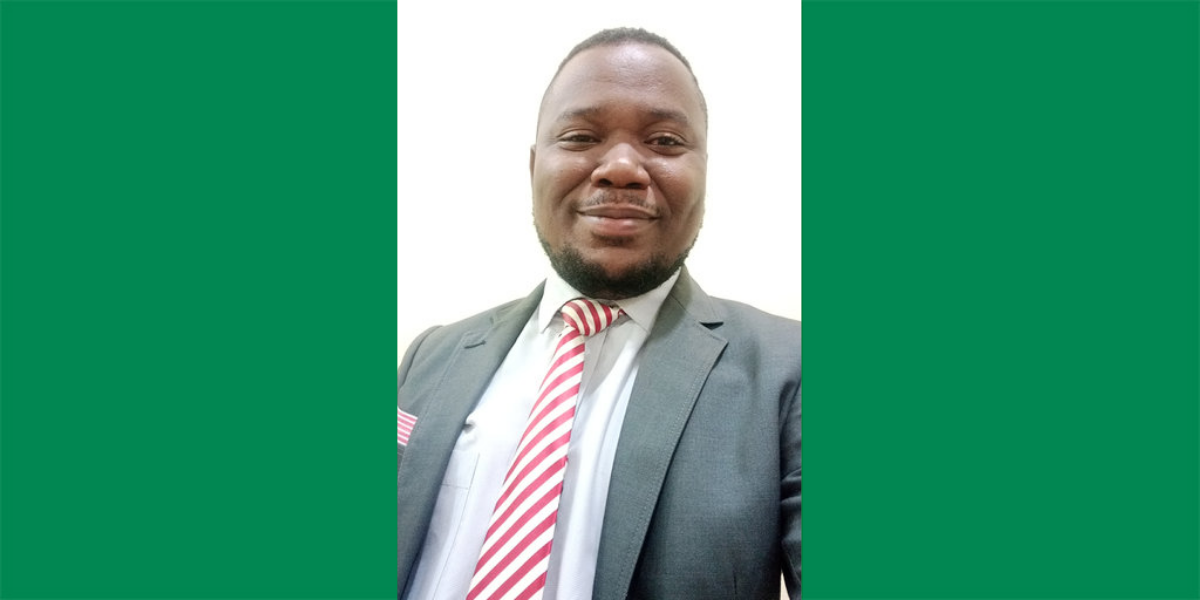
Gifty Abban is a postgraduate researcher at University of Southampton & a lecturer at Lancaster University Ghana. Her research focuses on SDG Goal 3: Good Health & Well-being and she has been part of the RECIRCULATE family since the onset, taking part many training workshops.
To mark Ghana Founders’ Day, a national public holiday observed to commemorate the contributions of all the people, notably the “Big Six” who led the struggle for Ghana’s independence, Dr Akanimo Odon recently interviewed Gifty to find out a little more about her, her experience with RECIRCULATE and how she celebrates Ghana Founders’ Day.
Please briefly share with us your professional history.
I’m Gifty Abban and I started as a teaching and research assistant at University of Ghana, I then joined Lancaster University Ghana as a lecturer in Accounting and Finance.
How did you hear about the RECIRCULATE project and what has been your experience engaging with the project so far?
I firstly heard about the RECIRCULATE project from Lancaster University Ghana which is a partner in the project. In my experience with the project, I have attended two major workshops in Ghana and have engaged with some more online training and workshops via the RECIRCULATE platform. I have also been a training facilitator in Malawi where I got the opportunity to share most of my experience with the group and with potential members. This was predominantly my experience in learning from advanced technologies in the UK about ‘waste to energy’ and ‘water’ through partnerships with Lancaster Environment Centre.
How are you celebrating or how will you be celebrating the Ghana Founders` Day?
Ghana Founders’ Day will be a day for reflecting on the sacrifices others made to make the country better and how I can contribute as well for the current and future generations.
What would you say are the two biggest challenges you face in Ghana in your line of work?
The main challenges I face in Ghana at the moment have to do with power crisis and inflation with its contagion effects on exchange rates and business activities and I’m hopeful that the country will be able to overcome this in the near future so as to ensure stability.
Are there opportunities you think can be explored bearing in mind these challenges you highlighted?
Aside from careful management of resources and attitudinal change by the elite in the helm of affairs to enforce financial discipline, the country can invest in alternative sources of energy like waste to energy, imbibe the culture of consumption of home-made materials which means boosting agriculture and manufacturing to meet local demand to help mitigate these situations substantially.
Any final thoughts about your country Ghana?
Ghana is a place I want to see developed into a high-income country in the next generation and it’s my ambition to contribute to this success story.
All articles in The FLOW are published under a Creative Commons — Attribution/No derivatives license, for details please read the RECIRCULATE re-publishing guidelines.




